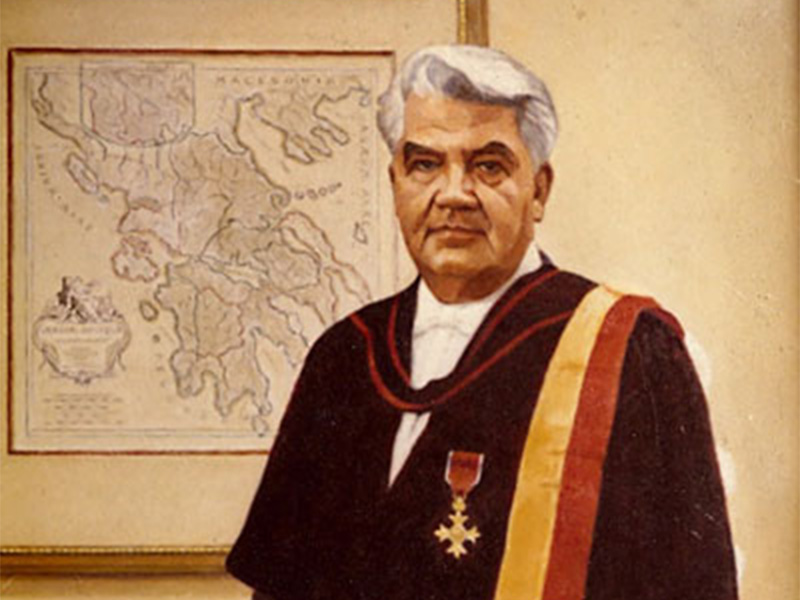
Tulane Law School's activities in the field of comparative law, result of the civil law influence in Louisiana, were initially developed through the Institute of Comparative Law. The Institute was funded by grants from the Ford and Rockefeller Foundations. Its Director, the late Professor Ferdinand F. Stone, was for three decades (1949-1979) the principal spokesperson for Tulane's comparative law program both at home and abroad.
Fundamental changes occurred in 1981 when Jack and Virginia Weinmann gave the Law School a generous gift to revitalize its leadership role in the field. This endowment enabled Tulane University to establish the Eason Weinmann Chair of Law and the Eason Weinmann Center for International and Comparative Law. The Chair quickly became a leading academic position in the United States. The Center has since its creation maintained a vibrant program of teaching and research activities designed to emphasize the importance of comparative law in the United States and the international legal community.
A. N. Yiannopoulos held the Eason Weinmann Chair of Law from 1993 to 2008. Under his leadership, the Center further expanded its activities in the area of comparative law and developed a new focus on European legal studies and the private law of Louisiana. He was joined in 2005 by Vernon Valentine Palmer, Thomas Pickles Professor of Law and longtime Director of European Legal Studies at the School, who became a Co-Director of the Center. The Center is today co-directed by Professor Palmer and Jörg Fedtke, A. N. Yiannopoulos Professor in Comparative Law, who joined Tulane Law School from University College London in 2009.
Foreign law and comparative methodology, both in the areas of public and private law, and the influence of comparative law on the development of transnational systems of law lie at the heart of the Center's research initiatives. The work of the Center's permanent staff and its host of international visitors also reflects the impact that international trade and commerce have on the subject. Comparative law has today a new meaning and a vocation that transcends purely academic parameters. Legal practice is set to be profoundly internationalized. Comparative training is essential to the emerging transnational bar.
